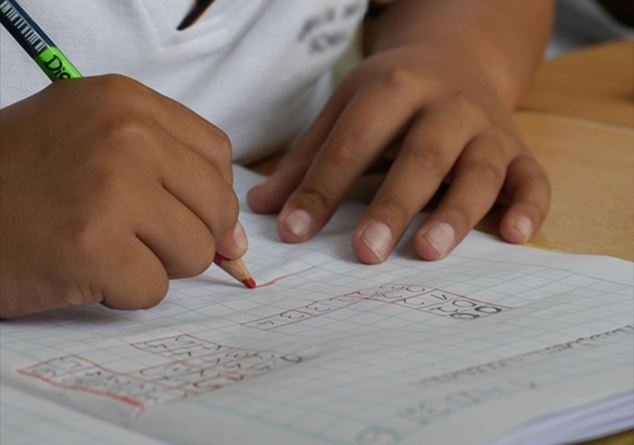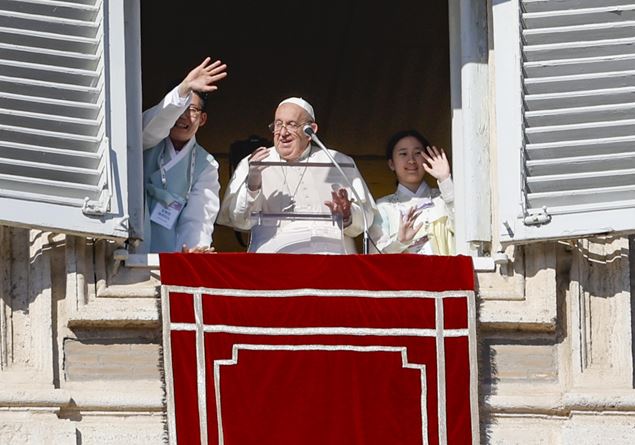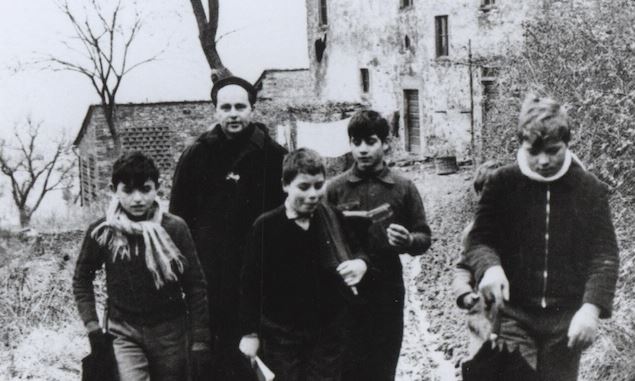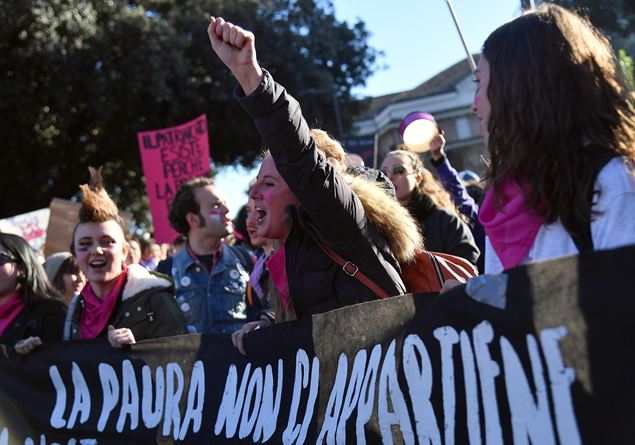
“The beautiful country where the yes sounds.” This is how Dante thought of Italy. This is Italy, not only a land limited by seas and borders, moreover the result of fratricidal wars. We also love the borders, courageously defended by our fathers after centuries of enemy raids. But Italy is a nation before being a stateeven when it was a servant and a hostel of pain, as Petrarch cried. Italy is a nation when invading armies made it divided, weak, bent to the strongest.
It was their language that made them a people. Kneaded on the structure of Roman Latin, with the wealth of Arabic, Norman, Lombard, Frankish, Spanish words. Because its mountains were not insurmountable by pilgrims, by merchants, its coasts welcomed sailors from every shore of the Mediterranean, and from there further up, and then overseas. It is the language that makes Italy and with the language its culture. So it is right that whoever knows, speaks, studies our language, whoever in our language learns history, geography, thought, its arts, is Italian. That is, every child who completes the cycle of primary and lower secondary school. Every child who for eight years studies, plays, jokes, plays sports, argues, laughs, with his classmates, in Italian. Like the boys of our national teams, who made us dream at the Olympics.
No one, except for obtuse and provocative racism, can say that a couple of athletes with different skin colors are not Italian.. But children know this very well and, of course, they make no difference. It is right that it is up to them to welcome into a people those who have origins in other peoples and settle here because their parents are looking for another job or another life. Eight years of Italian school, without ghettos, without overly simplified paths, just a push to put everyone on equal starting conditions.
Italy has changed or perhaps it has always been the same, like Europe. A melting pot of people who have clashed and met, creating who we are today, blond and dark, a little darker or paler, slender or small.. Today, anyone who is born to Italian parents or has lived here for ten years is Italian. That is: a boy arrives with his father and mother from a distant country and is not Italian until he comes of age, and that is not enough, even if he has quickly learned the dialect of his city with Italian. It is not blood that makes a people, nor residence or a simple birth certificate. It is study: the only guarantee of the future, first of all for the country, which otherwise will die of its presumed purity, ever older. And for every man and woman who has arrived in this country: they will feel Italy more theirs, they will not be able to hate it, if they have known it and have been recognized by it.
This beautiful Latin binomial, ius scholaethrown there in the middle of an indifferent summer or in pain for uninterrupted wars, is an opportunity not to be missed to push the parties to reason together, quickly, on a new law for citizenship. Beyond the ideologies, the fears fueled, by opportunism to grab votes. Just look around: Italy has changed. It is not only right to realize this, it is in our best interest.









